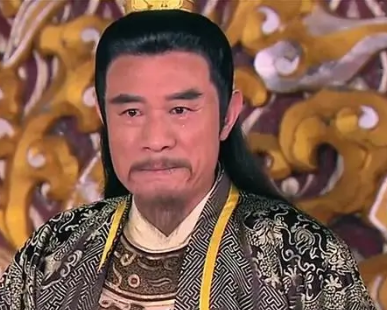The Sino-Japanese War of 1894-1895 was a significant conflict in modern Chinese history, marking the beginning of China's semi-colonial and semi-feudalization. What would have been the outcome if the Qing government had persevered during that time? This article will analyze the historical background, the course of the war, and potential outcomes.

Firstly, the historical context. The Sino-Japanese War occurred between 1894 and 1895, pitting the Qing government against Japanese imperialism. The conflict stemmed from escalating tensions between the two countries, particularly over the Korean Peninsula. The Qing government attempted to revitalize the country through reforms, but due to various reasons, the reform process was sluggish, and national strength gradually declined. Meanwhile, Japan rose to prominence in Asia after the Meiji Restoration. As a result, the conflicts between China and Japan gradually intensified, ultimately leading to the outbreak of the Sino-Japanese War.
Secondly, the course of the war. The Sino-Japanese War lasted nearly nine months, from July 25, 1894, to April 17, 1895. Initially, the Qing government achieved some success in military operations on the Korean Peninsula. However, as the war progressed, the Qing army suffered continuous defeats. Finally, on April 17, 1895, the Qing government was forced to sign the Treaty of Shimonoseki, ceding Taiwan, the Penghu Islands, and the Liaodong Peninsula (which was later returned by Japan under the intervention of three other powers) and paying huge indemnities. This war further eroded the international standing of the Qing government, and domestic dissatisfaction with the government reached its peak.
Thirdly, the question of whether the Qing government could have won if it had persevered. There are several scenarios to consider:
1. Continued fighting: If the Qing government had mobilized more resources and manpower to fight, it might have been able to restrain Japan's aggressive momentum to some extent. However, given the corruption and internal conflicts within the Qing government, this scenario was unlikely.
2. Seeking foreign assistance: The Qing government might have sought support from other countries to jointly oppose Japan. However, given the international environment at that time, Western countries were generally indifferent to China's internal affairs, making this scenario also unlikely.
3. Peace negotiations: The Qing government might have chosen to negotiate peace with Japan, seeking a mutually acceptable solution. However, Japan was determined to expand its sphere of influence in Asia, making this scenario less likely as well.
In conclusion, while it is impossible to predict the exact outcome if the Qing government had persevered, from a historical perspective, the Qing government's chances of victory in the Sino-Japanese War were extremely slim. This war not only severely damaged the international standing of the Qing government but also accelerated the process of China's semi-colonial and semi-feudalization.
Disclaimer: The above content is sourced from the internet and the copyright belongs to the original author. If there is any infringement of your original copyright, please inform us and we will delete the relevant content as soon as possible.
































